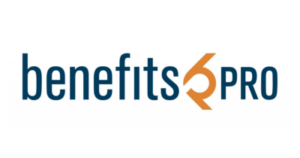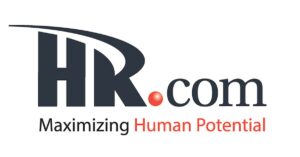Your business strives to take care of your workforce, but are you focused enough on their financial wellness? In the workplace today, there is a much greater emphasis on the well-being of employees. While it’s the right thing to do, there is another reason why employers focus on employee issues. Healthy, happy employees perform their jobs better and provide businesses with a better return on investment. But what about financial wellness?
Employees who cannot manage their expenses and are constantly worried about paying bills are often less productive. They may even spend hours at work each week attempting to manage their finances. If your employees are perpetually distracted due to money woes like this, perhaps it is time to offer them a financial wellness checkup.
What is Financial Wellness, Anyway?
Financial wellness is typically described as a program or set of programs employers offer to improve employees’ financial behavior and outcomes, while also driving business impact. Most financial wellness programs provide employees counseling on key aspects of personal financial management. Most of these programs help workers learn how to better budget their money, save, invest, and prepare for contingencies.
Why You Should Offer Employees Financial Wellness Checkups
Improving your employees’ finances isn’t just good for them; it can help the company’s bottom line, too. Over half of U.S. employees report suffering from stress due to financial issues. This kind of stress often decreases their focus and performance and ultimately affects your business. A modest investment in financial wellness programs for your employees can empower them to address their problems and offer the company a better ROI.
Parting Thoughts
Financial wellness investments pay big dividends for employers. So consider ways you can support your employees with these types of programs as soon as possible. And remember to incorporate key tools like VerifiaBill into your overall financial wellness implementation plan, too, so you can optimize the health insurance process.


